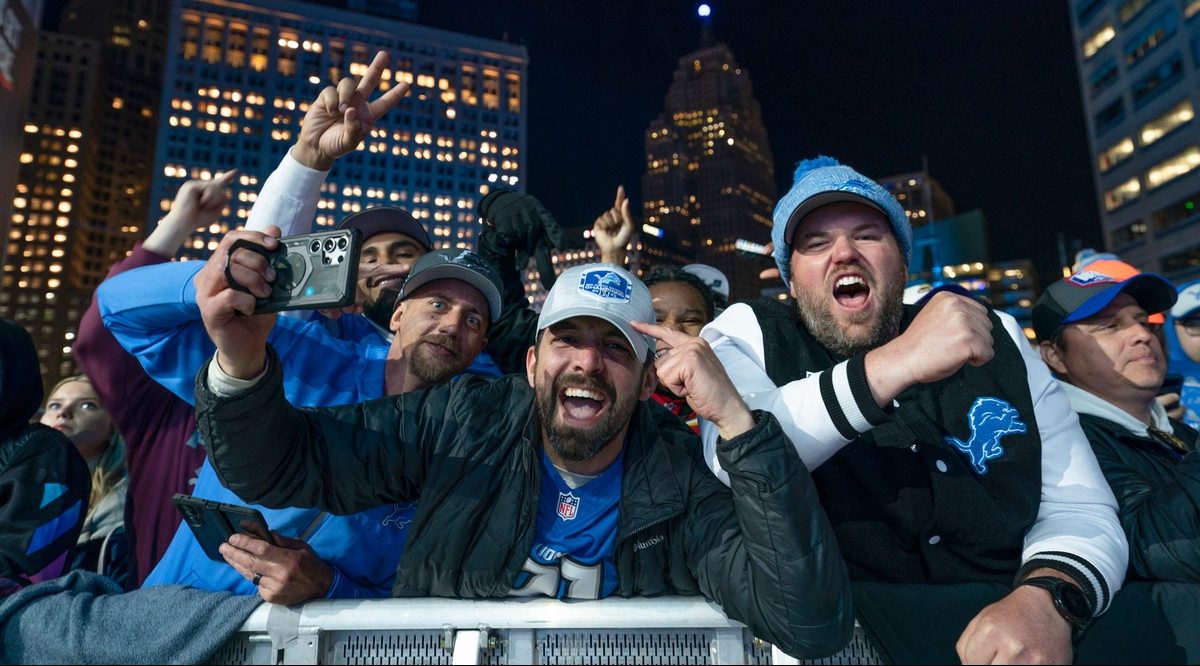Men using power and privilege to their advantage in order to sexually abuse women and children isn’t new. We’ve just been a little bit better about shining a light on it recently.
In America, we’ve seen these dark allegations come to the surface across the pop culture spectrum. In sports, we’ve looked on in horror at Jerry Sandusky at Penn State, Bernie Fine at Syracuse, and the Baylor football team, just to name a few. In Hollywood, allegations against Nate Parker and Casey Affleck marred their reputations. The movie Spotlight won Best Picture depicting the true-life investigation into sexual abuse within the Catholic Church in Boston.
Perhaps no one American entertainer has seen their stature crumble quite like Bill Cosby. Nearly 60 women have accused the comedian of either sexual assault, rape, or sexual assault of a minor. Despite his denials, it was near impossible for anyone to deny that these claims hold merit. Though he won’t be prosecuted in legal courts for most of them, he has been harshly convicted in the court of public opinion. Cosby was the kind of entertainer you would have called a national treasure. Now, he’s a pariah and villain.
In the UK, they’ve been dealing with similar allegations that have rocked public faith in athletes and celebrities as well. A child sexual abuse scandal has absolutely rocked their national soccer system. A nationwide sting uncovered wide-ranging child sexual abuse crimes allegedly committed by various entertainers, including musician Rolf Harris, pop star Gary Glitter, and radio host Dave Lee Travis.
All of that, however, pales in comparison to the crimes of Jimmy Savile. Savile was an iconic presence in the lives of British children. As the host of the children’s show Jim’ll Fix It and music program Top of the Pops, he was an indelible presence in pop culture, sort of a mix between Mister Rogers and Dick Clark. So beloved, Savile was awarded a British order of chivalry and knighted, the two highest honors someone in his industry could hope for. While rumors dogged him until he died, it wasn’t until a year after his death that the dam broke and the world came to learn that Savile was a serial child abuser the entire time. 450 people eventually made complaints against Savile and three-quarters of them claim to have been underage when the crimes occured.
Like Cosby, tons of people came forward after the fact to say they always thought something was amiss. But his popularity, charm, and celebrity always granted him a certain ability to get away with it. There will likely come a day when someone is ready to make a movie about the details of Savile’s life. In the meantime, a version of the story has been told in the TV series National Treasure.
Unrelated in any way to the Nicolas Cage movie franchise, National Treasure is a four-part series originally broadcast on Channel 4 in the UK, but recently released in the U.S. as an original series on Hulu. It stars Robbie Coltrane as Paul Finchley, a famous and beloved comedian who has been accused later in life of raping an underage girl years earlier. Content to live out his days as an elder British celebrity often does, hosting a midday quiz show and schmoozing at awards banquets, Finchley’s world is turned upside down by the investigation. His loyal wife Marie (Julie Walters) has always been aware of her husband’s infidelities, but begins questioning if she truly knows him. Meanwhile, they both try to keep a handle on their grown daughter Dee (Andrea Riseborough), who is living in a halfway house and dealing with demons of her own.
Inspired by Jimmy Savile and the investigations that followed in real life, National Treasure is heavily influenced by true events, but also makes a clear delination for itself by referencing Savile and other real examples throughout. It’s a clever move because it gives the series room to follow its own story and lean just enough into the mystery of whether or not Finchley is really guilty. While there is certainly an overriding did-he-or-didn’t-he throughline, the story smartly balances that with good, old-fashioned character exploration as all three members of the family chart their own courses through the drama.
Coltrane is such a perfect casting choice as his actual status as a national treasure bleeds over without overtaking what we see on the screen. We come into the story already understanding what this character might represent, given what the actual actor represents. Coltrane is Hagrid from the Harry Potter movies. Fitz from the TV show Cracker. While Finchley is a very different kind of person, we can take our horror at finding out the actor behind some of our most beloved characters and pop culture experiences is capable of such crimes and easily transplant that into the show. To his credit, Coltrane quickly makes you forget about what he is off-screen and creates a unique character within the show. And yet, the effect lingers.
While Coltrane might be the face of the program, it’s as much Walters’ show as it is his. The Academy Award winner is brilliant as usual, carrying much of the emotional baggage while we work out what’s going on underneath the surface with Paul. She takes what would have been an unlikable character and gives her the nuance necessary to make us care what happens to her in this ordeal. Marie is a co-conspirator and victim all at once, and on several fronts, and Walters deftly manuvers that minefield of emotions.
Overshadowed by bigger names, Riseborough might give the most interesting performance of all. Her Dee is broken and ruined by life, and as we watch her attempt to break out of that cycle to reclaim her family and her place in the world, Riseborough always seems to give us something but never quite everything. When we only know bits and pieces of what she’s been through (or not been through), she never gives away the game. It’s not that she’s playing chess while others play checkers. It’s that it’s hard to tell when she’s playing either, or both.
In the end, National Treasure provides answers to its original question, but it’s up to the viewer to determine how satisfied they are with the answers. Not to mention that they have to decide if the answers open up new questions that we didn’t realize we should be asking. Throughout, we’re challenged as viewers to come to terms with the way we commodify celebrity, coddle powerful men, and justify the discrediting of victims. It’s a harrowing journey across the four episodes, but one which audiences on both sides of the Atlantic need to take.
We’ve gotten a little better about recognizing when these crimes might have been committed and we’ve gotten a little better about believing the accusers of powerful people. But we could also improve a lot. National Treasure reminds us of that. There’s no telling when the next Bill Cosby or Jimmy Savile will be unmasked and the better we are at seeing underneath, the fewer victims there might be.







